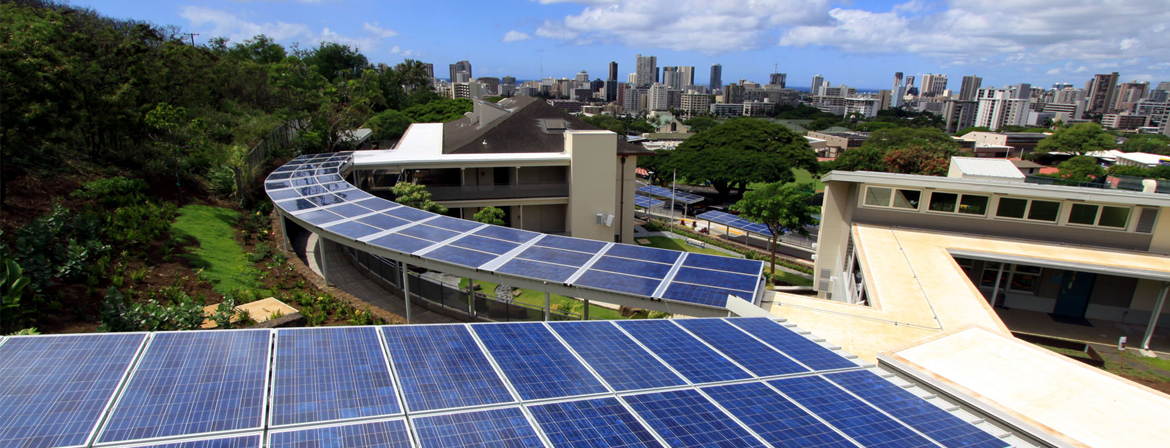Communications about Environmental Risks and Risk-Reducing Behavior: The Impact of Fear on Information Processing
Meijnders, Anneloes L; Midden, Cees J. H; Wilke, Henk A. M. (2001). Communications about environmental risks and risk-reducing behavior: The impact of fear on information processing. . Journal of Applied Social Psychology, 31, 4, 754-777.
The Driver of Green Innovation and Green Image--Green Core Competence
Chen, Y. (2008). The driver of green innovation and green image--Green core competence. Journal of Business Ethics, 81(3), 531-543.
Social Norms: An Underestimated and Underemployed Lever for Managing Climate Change
Griskevicius,V., Cialdini, R.B., and Goldstein, N.J. (2008). Social Norms: An Underestimated and Underemployed Lever for Managing Climate Change. International Journal for Sustainability Communication, 3, 5-13.
Influencing User Behaviour With Energy Information Display Systems for Intelligent Homes
Wood G., & Newborough M. (2007). Influencing User Behaviour with Energy Information Display Systems for Intelligent Homes. Int. J. Energy Res., 31, 56-78.
Dormitory Residents Reduce Electricity Consumption when Exposed to Real-Time Visual Feedback and Incentives
Petersen, J., Shunturov, V., Janda, K., Platt, G., & Weinberger, K. (2007). Dormitory Residents Reduce Electricity Consumption when Exposed to Real-Time Visual Feedback and Incentives. International Journal of Sustainability in Higher Education, 8(1), 16.
Consumers' Attitudes Toward Energy Conservation
Olsen, M. (1981). Consumers' Attitudes Toward Energy Conservation. Journal of Social Issues, 37(2), 108.
Energy Conservation: Family Values, Household Practices and Contextual Variables
Hogan, M., & Paolucci, B. (1979). Energy Conservation: Family Values, Household Practices and Contextual Variables. Home Economics Research Journal, 7(4), 210-18.
Prompting Electrical Energy Conservation in Commercial Users
Delprato, D. (1977). Prompting Electrical Energy Conservation in Commercial Users. Environment and Behavior, 9(3), 433-440.
Diffusion of Energy-Conserving Innovations
Darley, J., & Beniger, J. (1981). Diffusion of Energy-Conserving Innovations. Journal of Social Issues, 37(2), 150.
Energy Conservation: Feelings Influence Actions
Verma, S. (1980). Energy Conservation: Feelings Influence Actions. Journal of Extension, 18, 14.



